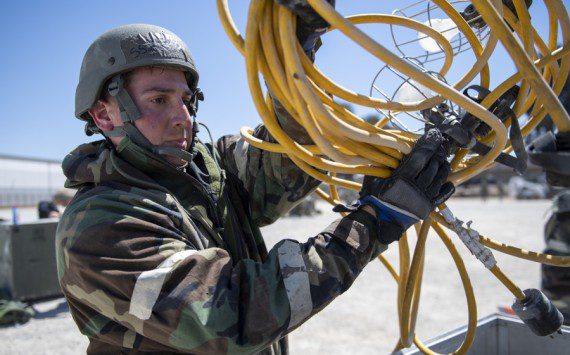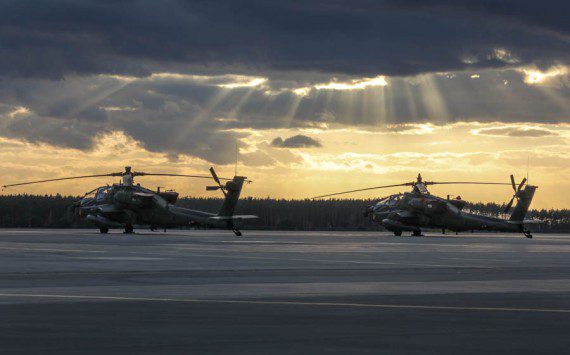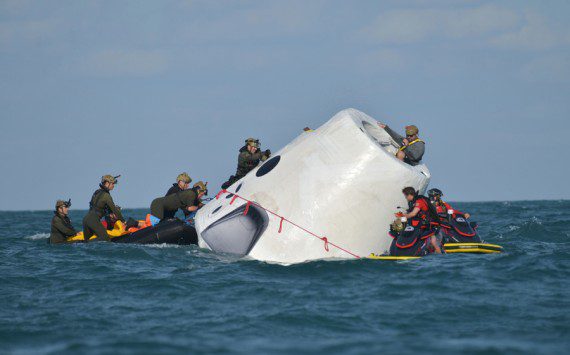Russia accuses Turkey of arming extremists in Syria
Russia is accusing three Turkish foundations of supplying weapons and military equipment to Islamic State extremists in Syria and says $1.9 million worth of explosives and industrial chemicals were smuggled across Turkey’s border to extremist groups.
Russia’s U.N. Ambassador Vitaly Churkin said in a letter to the U.N. Security Council circulated April 1 that Turkey is the main supplier of weapons and ammunition to IS fighters. He said the transfers are overseen by the country’s National Intelligence Organization and are delivered mainly by vehicles, “including as part of humanitarian convoys.”
In an email, a spokesman for Turkey’s U.N. Mission said the Russian letter “obviously contains baseless allegations which we totally reject.” He pointed out that many Turkish citizens have been killed in attacks by IS, which he called a national security threat.
Russia’s air campaign that began on Sept. 30 has helped close ally Syria make broad advances on the ground in the five-year-old war that has killed over 250,000 people. Turkey, Saudi Arabia and other regional players have backed opponents of Syrian President Bashar Assad and are loath to see him strengthen his grip on power.
The Turkish spokesman said Russia’s letter was “an attempt to overshadow the civilian deaths, havoc and destruction in Syria caused by the military operations of the Russian Federation, the regime’s staunchest ally.” AP
Seoul: North Korea fires short-range missile into sea
North Korea fired a short-range missile into the sea April 1, Seoul officials said, hours after the U.S., South Korean and Japanese leaders warned the North it will face tougher sanctions if it continues with provocations.
The surface-to-air missile fired from an eastern coastal area flew into waters off the North’s east coast, South Korea’s Joint Chiefs of Staff said in a statement. It gave no further details.
The missile is the latest in a series of weapon launches by the North in an apparent response to ongoing military exercises between the United States and South Korea. North Korea views the drills as an invasion rehearsal.
This year’s drills, set to run until late April, are the biggest, and come after North Korea’s nuclear test and long-range rocket test earlier this year.
In Washington, President Barack Obama met March 31 with his South Korean and Japanese counterparts and issued the warning before a two-day nuclear summit that opens Friday. Obama also met Chinese President Xi Jinping and both called for North Korea to give up its nuclear weapons. China also agreed to implement in full the latest economic restrictions imposed by the U.N. Security Council against Pyongyang.
On March 29, North Korea fired a short-range projectile that crashed on land in the country’s northeast, according to South Korean defense officials. The launch prompted media speculation in South Korea that Pyongyang may have used a land target to test the accuracy of its weapons. In the past, the North has usually fired missiles, artillery shells and rockets into the sea.
Earlier last month, North Korea fired its first medium-launch missile into the sea since early 2014. AP











